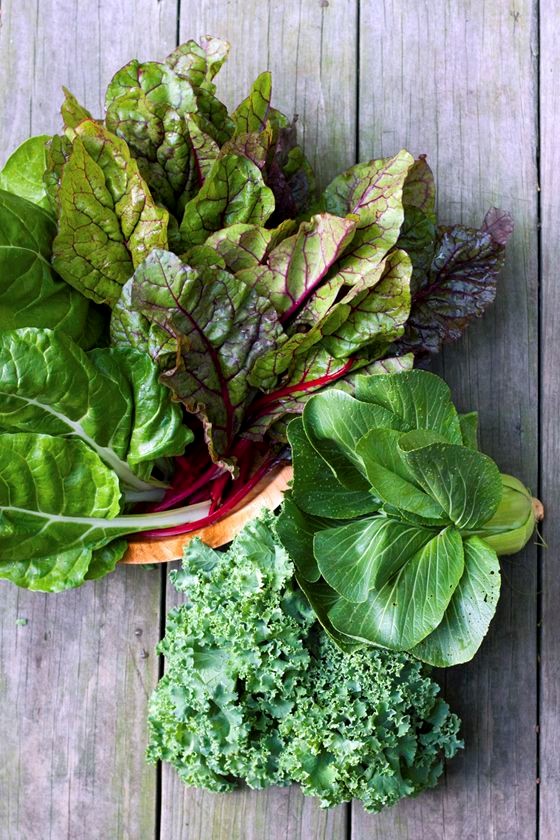On our journey to better mental health, we often focus mainly on these wonderful strategies like therapy, exercise, and stress management techniques. However, one aspect that’s frequently overlooked is the role of nutrition. What we eat can significantly impact our emotional well-being and overall mental health. Let’s explore some foods that support emotional wellness and how they can contribute to a healthier mind.
- Omega-3 Fatty Acids: Omega-3 fatty acids are essential for brain health and have been linked to improved mood and cognitive function. Foods rich in omega-3s include fatty fish like salmon, mackerel, and sardines, as well as flaxseeds, chia seeds, and walnuts. Incorporating these foods into your diet could help reduce symptoms of depression and anxiety.
- Leafy Greens: Leafy green vegetables such as spinach, kale, and Swiss chard are packed with nutrients like folate, which plays a crucial role in the production of neurotransmitters like serotonin and dopamine. Increasing your intake of leafy greens could support a more stable mood and lower your risk of depression.
- Berries: Berries are not only delicious but also rich in antioxidants, which help protect the brain from oxidative stress. Blueberries, strawberries, and raspberries are particularly high in antioxidants and have been associated with improved cognitive function and a reduced risk of age-related cognitive decline.
- Whole Grains: Complex carbohydrates found in whole grains like oats, quinoa, and brown rice can have a calming effect on the brain by promoting the production of serotonin. Unlike refined carbohydrates, which can cause fluctuations in blood sugar levels and mood swings, whole grains provide a steady source of energy and support a more balanced mood.
- Fermented Foods: The gut-brain connection is increasingly recognized as a crucial factor in mental health. Fermented foods like yogurt, kefir, sauerkraut, and kimchi contain probiotics that support a healthy gut microbiome. A balanced gut microbiome has been linked to improved mood regulation and reduced symptoms of anxiety and depression.
- Nuts and Seeds: Nuts and seeds are excellent sources of nutrients like magnesium, zinc, and vitamin E, which play key roles in brain function and mood regulation. Almonds, cashews, pumpkin seeds, and sunflower seeds are all nutritious options that can be enjoyed as snacks or added to meals for an extra boost of nutrients.
While nutrition is just one piece of the puzzle when it comes to mental health, incorporating these foods into your diet can have a positive impact on your emotional well-being. By fueling your body with nutrient-dense foods, you can support a healthier mind and foster greater resilience against stress and mood disorders. Remember, you can start small, even small changes in your diet could lead to significant improvements in your mental health over time.
We hope you found this blog helpful and insightful. For more on mental health and wellness, connect with us at the Calgary Mental Health & Wellness Centre. – Tiffany Warren, Founder







